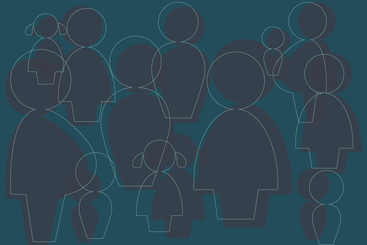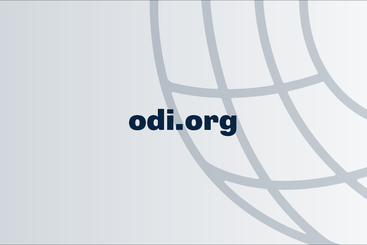Identity, or the way groups are defined or choose to define themselves, is not necessarily given but fluid. Identities are political, social and cultural constructs that are shaped and reshaped through dynamic processes of interaction between state and society over the distribution of power and resources. Based on an analysis of existing research and evidence on key debates around identity and inclusion, this paper finds that identity-based—or “horizontal” —inequalities are a leading fault line of conflict, especially when they are based on the exclusion of some groups from political life and decision-making to the benefit of others.
The paper identifies the fostering of more inclusive identities and inter-group social bonds across divides as a leading challenge to build more peaceful and resilient states and societies, especially in settings that have been beset by conflict. So it asks how broad-based social cohesion can be nurtured, and it looks at how governance dynamics and institutions, including powersharing, women’s political participation, elections, political parties and party systems, electoral systems, decentralisation, and new media and information and communications technologies, impact identity and prospects for more inclusive politics.
KIPA Public Policy Review, Vol.2 Issue 2, December 2021, pp. 9-35
-
The Role of Identity in Shaping Prospects for More Inclusive Politics
Read more about The Role of Identity in Shaping Prospects for More Inclusive Politics.


